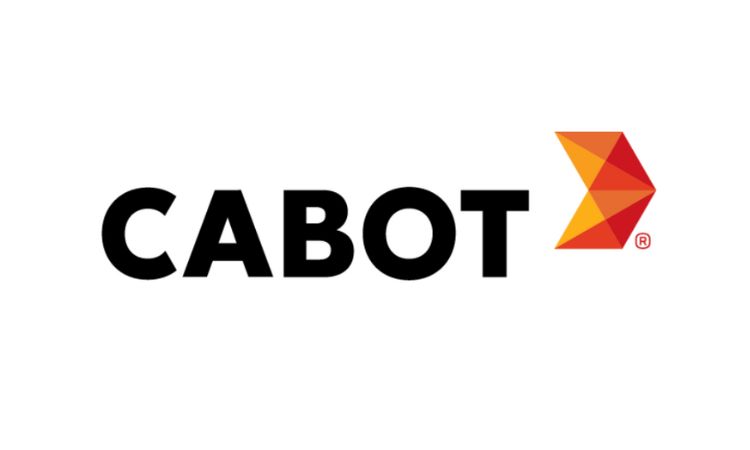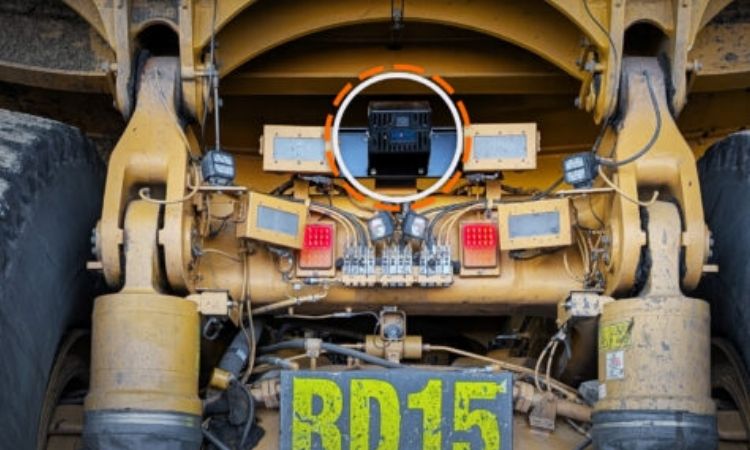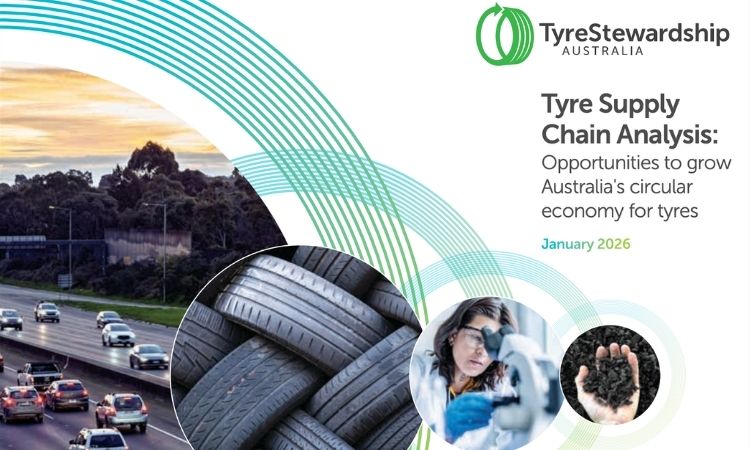Bandvulc’s tire retreading process helps preserve environment
With environmental consciousness front of mind across the transport industry and society as a whole, commercial fleet operators work hard to reduce fuel consumption, to meet strict legal requirements and help lower overall driving costs. When it comes to tires, one of the most effective ways operators can lessen environmental impact is by choosing retreads for their fleets.
Bandvulc, the UK's renowned commercial retreader and now a part of the Continental Tyre Group, has more than 40 years of retreading and casing management experience. A retreaded tire saves 80% of the materials used in the production of a new tire, lowering the environmental effect significantly. Each retread uses 80% of a end-of-life tire and prevents 182kg of CO2 being released into the atmosphere.
Bandvulc, tire recycling and retreading. | Video by Bandvulc.
According to Bandvulc’s latest information, their newly introduced zero-to-landfill policy ensures that no production waste goes to landfill and, as a result, 100% of the company’s waste is recycled. Even rubber dust buffed off during the preparation process is recycled back into new tires.
Arthur Gregg, Managing Director at Bandvulc, said:
“At Bandvulc, we are strongly committed to protecting the environment and reducing end-of-life waste. This is demonstrated by the extensive renovations we have made to our factory and manufacturing processes. This year, we introduced two specific environmental energy teams, who are solely responsible for assessing energy and environmental savings. By taking these measures, we are ensuring that customers receive a quality product that has come from a sustainable source.”
To read more about how retreading reduces environmental impact, please proceed to Bandvulc's website.
Weibold is an international consulting company specializing exclusively in end-of-life tire recycling and pyrolysis. Since 1999, we have helped companies grow and build profitable businesses.









